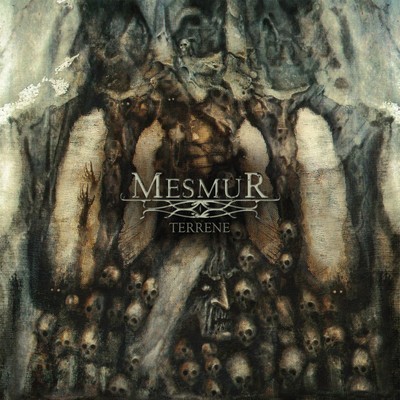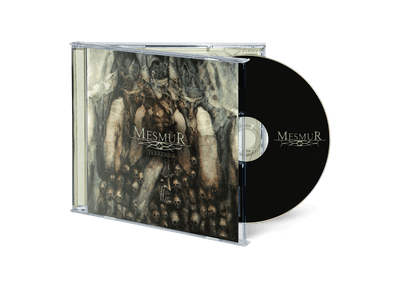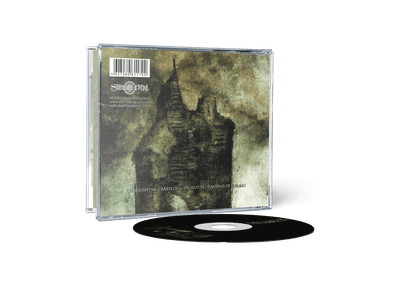Третий альбом «Terrene» от международного funeral doom metal проекта Mesmur - это колоссальное и трогательное звуковое воплощение умирающего мира. Подхватывая идеи предыдущего альбома «S» 2017 года, охватывавшего космические масштабы, «Terrene» исследует схожие темы энтропии и надвигающегося хаоса в более приземленном контексте и изобилует удушающими потоками и токсичной атмосферой, характерной для группы. Включая партии флейты Дона Зароса из Evoken и виолончели русской музыкантки Надии Аванесовой, а также еще один потрясающий дизайн обложки украинского художника Кадаверского, «Terrene» достигает новых масштабов и амбиций для Mesmur в их стремлении создать обширное и захватывающее полотно стиля.
Треклист:
1 Terra Ishtar 16:51
2 Babylon 11:52
3 Eschaton 12:59
4 Caverns Of Edimmu 13:11























































